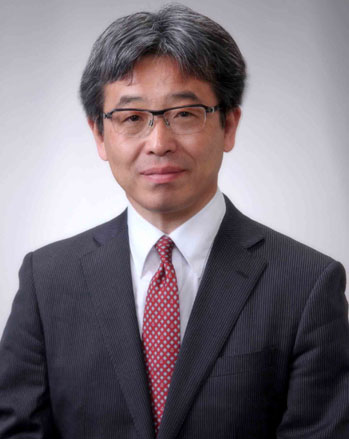
Prof. Emeritus Hisayoshi Hayashi
University of Tsukuba, Tsukuba, JapanSpeech Title: Buckwheat Research, My Life's Work
Abstract: Buckwheat, a minor crop, is grown in 19 countries, including Russia, China, and Ukraine, with a total production of 2.2 million tons, or only 0.1% of the total cereal production of 3.06 billion tons. As a result, there are few researchers, and the development of cultivation technologies and variety breeding of buckwheat has lagged behind. Buckwheat has become a crop that characterizes local food culture due to the small number of countries and production. Buckwheat noodles, or “soba kiri” in Japanese, which is simply buckwheat flour kneaded with water and cut into noodle strips, is a buckwheat dish that is representative of Japanese food culture. Because the cooking process is simple and no additives are added, it allows you to taste the differences in flavor depending on the variety. Although the taste of buckwheat noodles is influenced by many factors, such as growing area, cultivation method, cooking method, etc., the variety is the most important. Maintaining varieties and a stable seed supply are the most fundamental aspects of agriculture, but the situation varies greatly from crop to crop. In Japan, the Main Crop Seeds Act was repealed in 2018. As a result, there is no legal support for seed production, and the situation has changed. How is seed production carried out in the minor crop of buckwheat? Does the seed quality of home seed-raising buckwheat change if the seed is not renewed? I changed the buckwheat cultivar in 2008 and continued home seed-raising for the next 14 years without using any seed production techniques. These buckwheat seeds from different years were then grown simultaneously under the same conditions to compare their characteristics. Does home seed-raising of buckwheat really affect seed quality? If so, for how many years would this be acceptable? The keynote speech will present the latest research on buckwheat, which has become the life's work of the speaker, and the national and international situation of this minor crop.
Biography: Dr. Hisayoshi Hayashi graduated from University of Tsukuba in 1980. After working as an extension officer in Nagano Prefecture for one year, he moved to Chushin Agricultural Experiment Station, where he worked in the field crop cultivation department for six years. He then moved to University of Tsukuba, where he served as a professor at the Laboratory of Crop Production Systems and the Laboratory of Crop Science, before being appointed professor emeritus at University of Tsukuba in April 2023. He is a former president of the Japanese Society of Farm Work Research and a fellow of Japan Association of International Commission of Agricultural and Biosystems Engineering. Since April 2023, he has been leading training programs for extension workers, researchers, and government officials in developing countries as a training advisor at Japan International Cooperation Agency Tsukuba Center (JICA Tsukuba).

